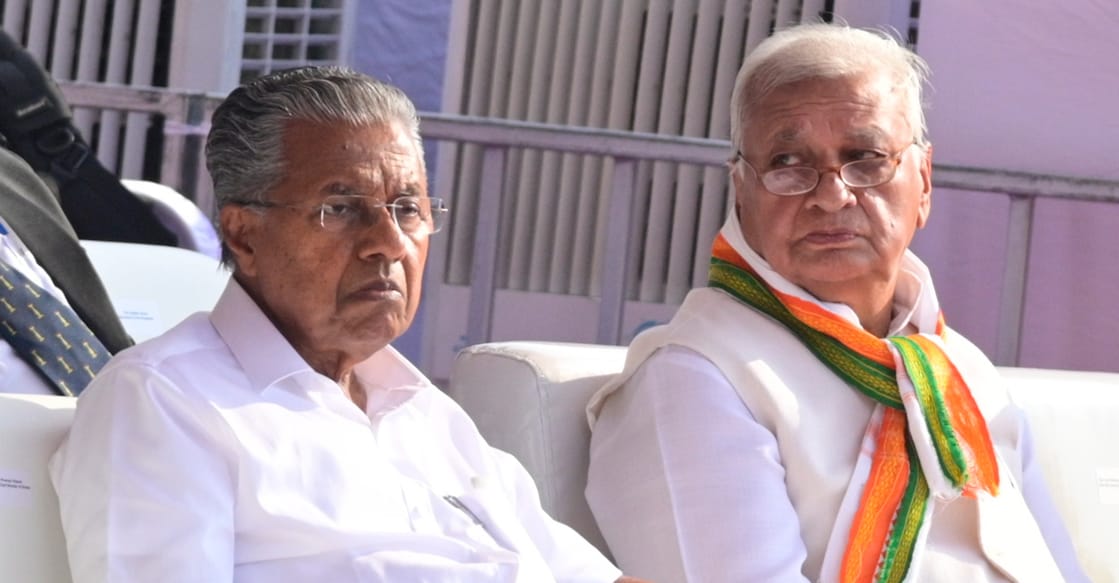SC ruling on Governor’s powers boosts Kerala’s stand, offers political edge

Mail This Article
Thiruvananthapuram: Although the Supreme Court verdict affirming that Governors have no authority to indefinitely withhold bills passed by State Assemblies was delivered in response to a petition filed by Tamil Nadu, Kerala has found equal cause for celebration. The state, too, has filed a similar petition in the apex court and can now hope for a favourable ruling.
The Pinarayi Vijayan-led government has consistently aligned with the MK Stalin-led Tamil Nadu government in opposing the Union government’s attempts to tighten administrative control over states ruled by non-BJP alliances. In this political context, the latest Supreme Court verdict can also be seen as both a moral and political victory for Kerala.
Interestingly, Chief Minister Pinarayi Vijayan, who often remains silent on contentious issues, responded promptly after the details of the judgment emerged. Other cabinet ministers followed suit, echoing the sentiment. The government’s satisfaction would likely have been even greater had former Kerala Governor Arif Mohammed Khan, who had been in a prolonged standoff with the state over pending bills, still held the post.
Of the seven bills the Kerala Governor had referred to the President, only the Lokayukta Amendment Bill received assent. Of the remaining, two University Laws Amendment Bills — including the one seeking to remove the Governor as Chancellor of state universities — were indefinitely withheld. The other four were outrightly rejected.
The core of the Supreme Court’s ruling is that a Governor must take action on bills passed by the State Assembly within three months. If the Assembly passes the bill again and resends it, the Governor is required to act within a month. However, under Arif Mohammed Khan’s tenure, several bills remained pending for as long as two years.
The University Laws Amendment Bill, which aimed to remove the Governor as the ex-officio Chancellor of 14 state universities, was passed by the Kerala Assembly on November 12, 2021. Yet, it was only on November 28, 2023, that it was referred to the President.
Similarly, the Lokayukta Amendment Bill — the only one to eventually receive Presidential assent — had been passed on September 7, 2022, but was referred to the President only on November 28, 2023, after a delay of 14 months.
Meanwhile, the Kerala government has requested that its petition — challenging the Governor’s decision to refer bills to the President — be heard by the same Supreme Court bench that delivered the Tamil Nadu verdict.
Senior advocate K Venugopal, appearing for the state Governor, argued that the ruling by the bench led by Justice J B Pardiwala also covers the issues raised by Kerala. He pointed out that seven bills passed by the Kerala Assembly had been kept pending for as long as 23 months.
However, Chief Justice Sanjiv Khanna clarified that a decision on whether the same bench would hear Kerala’s case could not be made immediately.
The Union government, for its part, submitted that the issues raised in Kerala’s petition were not fully addressed in the Tamil Nadu case and required further examination.

